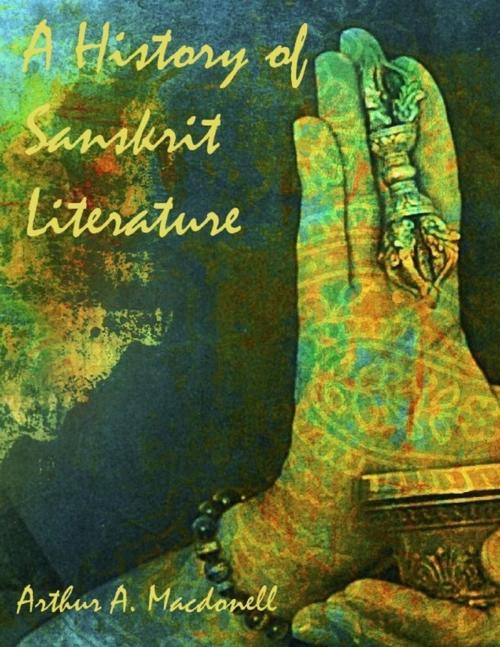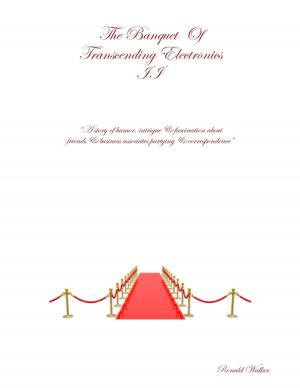| Author: | Arthur A. MacDonell | ISBN: | 9781304988621 |
| Publisher: | Lulu.com | Publication: | March 28, 2014 |
| Imprint: | Lulu.com | Language: | English |
| Author: | Arthur A. MacDonell |
| ISBN: | 9781304988621 |
| Publisher: | Lulu.com |
| Publication: | March 28, 2014 |
| Imprint: | Lulu.com |
| Language: | English |
“Since the Renaissance there has been no event of such world-wide significance in the history of culture as the discovery of Sanskrit literature in the latter part of the eighteenth century. After Alexander’s invasion, the Greeks became to some extent acquainted with the learning of the Indians; the Arabs, in the Middle Ages, introduced the knowledge of Indian science to the West; a few European missionaries, from the sixteenth century onwards, were not only aware of the existence of, but also acquired some familiarity with, the ancient language of India; and Abraham Roger even translated the Sanskrit poet Bhartṛihari into Dutch as early as 1651. Nevertheless, till about a hundred and twenty years ago there was no authentic information in Europe about the existence of Sanskrit literature, but only vague surmise, finding expression in stories about the wisdom of the Indians.”
“Since the Renaissance there has been no event of such world-wide significance in the history of culture as the discovery of Sanskrit literature in the latter part of the eighteenth century. After Alexander’s invasion, the Greeks became to some extent acquainted with the learning of the Indians; the Arabs, in the Middle Ages, introduced the knowledge of Indian science to the West; a few European missionaries, from the sixteenth century onwards, were not only aware of the existence of, but also acquired some familiarity with, the ancient language of India; and Abraham Roger even translated the Sanskrit poet Bhartṛihari into Dutch as early as 1651. Nevertheless, till about a hundred and twenty years ago there was no authentic information in Europe about the existence of Sanskrit literature, but only vague surmise, finding expression in stories about the wisdom of the Indians.”















